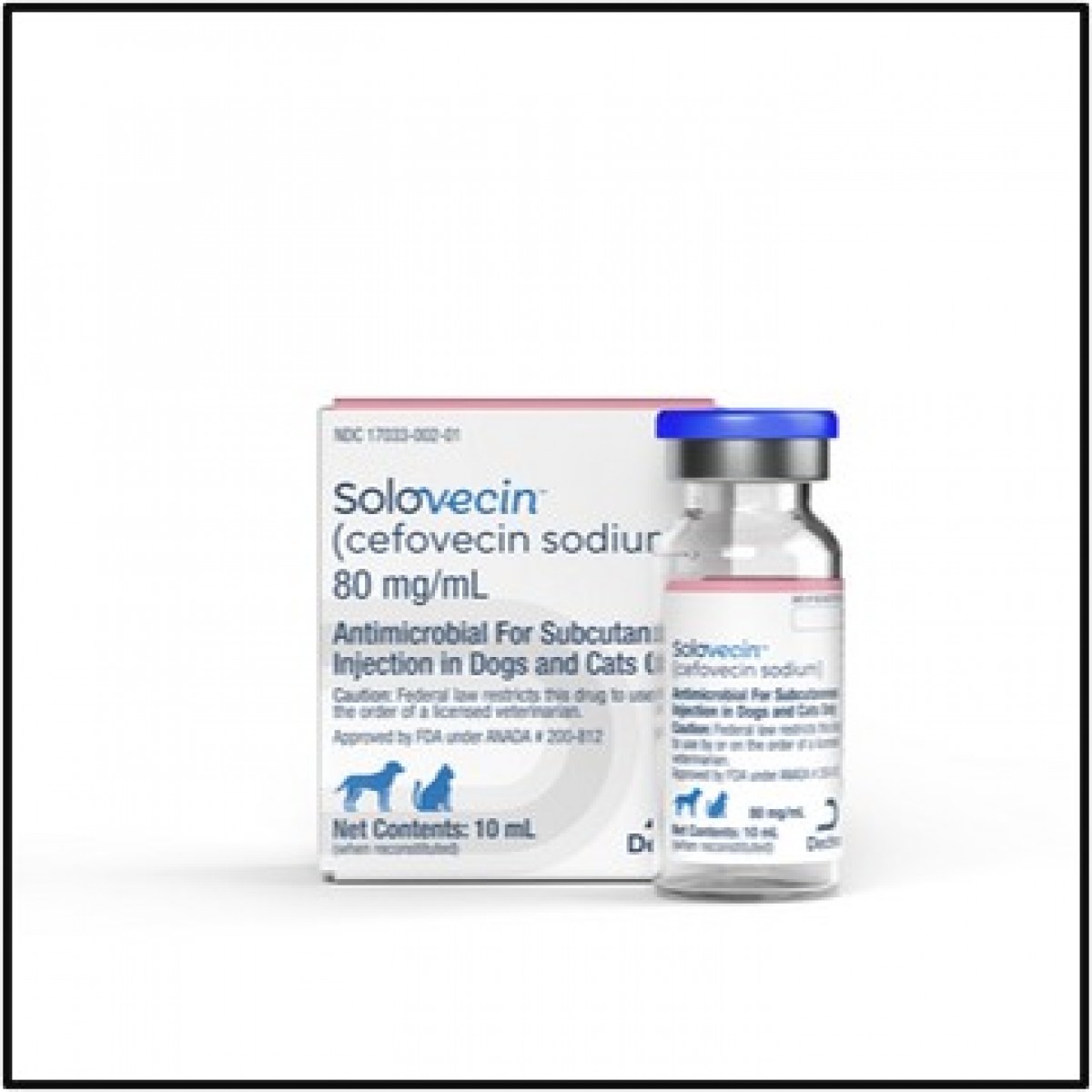Retrospective case series: Necrotizing fasciitis in 23 dogs
Background: Necrotizing fasciitis (NF) is a rare, rapidly progressive subcutaneous bacterial infection. Few studies have characterized NF in dogs.
Hypothesis/objectives: To retrospectively describe clinical and laboratory findings, with treatments and outcomes, in dogs with NF.
Animals: Twenty-three client-owned dogs treated at a veterinary teaching hospital between 1998 and 2021.
Materials and methods: Medical records and laboratory data from 23 dogs diagnosed with NF were reviewed.
Results: Male dogs were significantly over-represented (p = 0.003). The most common presenting complaint was sudden lameness. Infection occurred in one or two limbs in 19 of 23 dogs, with right hindlimbs most often affected (13 of 23).
Pitting oedema was evident in 14 of 23 dogs. Antibiotic and nonsteroidal anti-inflammatory drugs were administered before presentation in nine and 13 of 23 dogs, respectively. Common clinicopathological abnormalities included hypoalbuminemia, hyponatremia, elevated liver enzymes, elevated creatine kinase, increased bands and lymphopenia. Streptococcus canis was isolated from 18 of 23 dogs. Histopathological features included acute necrosis and severe neutrophilic inflammation. Fifteen dogs were euthanized or died, while surgical intervention led to survival in eight of 23 dogs.
Conclusions and clinical relevance: Dogs presenting for acute swelling of a limb with oedema should have the diagnosis of NF considered and early surgical intervention might increase survival.
Laura L Quilling, et al. “Retrospective case series: Necrotizing fasciitis in 23 dogs.” Vet Dermatol. 2022 Aug 31. doi: 10.1111/vde.13113.














List
Add
Please enter a comment